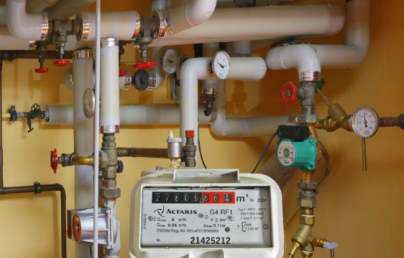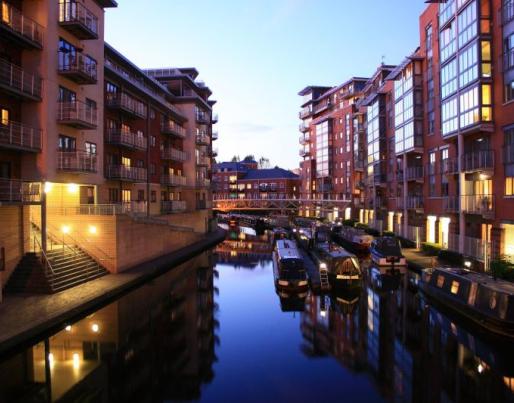
Pathways for Local Heat Delivery

Pathways for Local Heat Delivery
Soaring gas prices have brought the topic of heating to the forefront of the media and public mind this year. Decarbonising heat remains the greatest energy challenge as the UK attempts to reach net zero by 2050.
Cost is not the only imperative: heat for buildings causes 23 per cent of Britain’s total greenhouse emissions and of that, housing accounts for 17% of total emissions.
However, unlike electricity decarbonisation it is a programme that needs to be delivered at a local rather than national level which requires consumers to change the way they heat their homes quite dramatically and think about heat as a commodity.
The Pathways for Local Heat Delivery Policy Commission report examines all the components that are required to deliver a local heat solution and the barriers that need removing. Chaired by Sir John Armitt and delivered by the University of Birmingham in partnership with Energy Research Accelerator, the Commission have used the City of Birmingham as a case study and examined: planning; finance; consumer engagement and the role for mandation and zoning; local authority expertise and capacity; and challenges presented by the local infrastructure (e.g., gas and electricity grid).
23216-local-heat-energy-policy-commission-report-accessible.pdf
English (6.32 MB - PDF)
